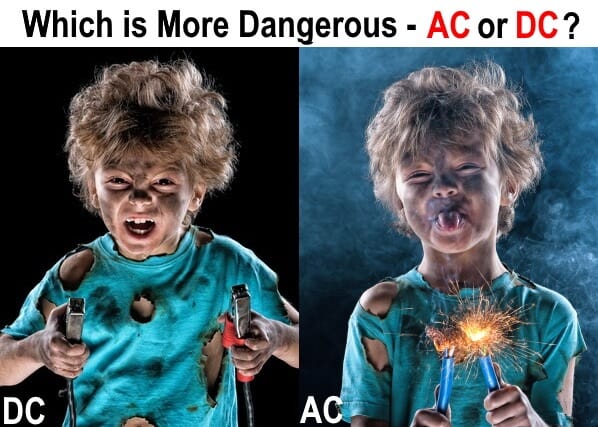Chief
New Member
- Joined
- Oct 23, 2019
- Messages
- 1
Just watched your video "48v Solar Power System for Beginners: Lower Cost and More Power!" from Aug 16, 2019.
You are a savior!
I currently have two small systems but they are going to be broke down and used in other areas in the future.
I am torn between the 24 or 48 volt all-in-one system. This is what I'm doing, so you tell me what I need
I have a small off-grid homestead that the Wife and I will be moving to shortly. It has 4 small buildings (each around 200 sq ft), 2 of them will have air conditioning (small portable units, no window units). We will have one small, apartment size and another under counter refrigerator and a small chest freezer. We will have 3 12 volt pumps for moving water from large tanks to 2 cabins and one to the garden area. Most power tools will be battery powered and I have 2 generators (Honda EU6500 and Predator 2000) for extra power when needed. Two of the building will have ceiling fans, all will have LED lighting, and optional box fan when needed. Two buildings will have kitchen/bathroom exhaust fans.
Exterior lighting is mainly solar powered units and the flashlight you keep in your pocket, so the system will not be needed for that.
So should I go with a 24v or 48v system? My main reason for asking is that the cost between the two is pretty significant and I don't want to build a system that is too large for my needs.
You are a savior!
I currently have two small systems but they are going to be broke down and used in other areas in the future.
I am torn between the 24 or 48 volt all-in-one system. This is what I'm doing, so you tell me what I need
I have a small off-grid homestead that the Wife and I will be moving to shortly. It has 4 small buildings (each around 200 sq ft), 2 of them will have air conditioning (small portable units, no window units). We will have one small, apartment size and another under counter refrigerator and a small chest freezer. We will have 3 12 volt pumps for moving water from large tanks to 2 cabins and one to the garden area. Most power tools will be battery powered and I have 2 generators (Honda EU6500 and Predator 2000) for extra power when needed. Two of the building will have ceiling fans, all will have LED lighting, and optional box fan when needed. Two buildings will have kitchen/bathroom exhaust fans.
Exterior lighting is mainly solar powered units and the flashlight you keep in your pocket, so the system will not be needed for that.
So should I go with a 24v or 48v system? My main reason for asking is that the cost between the two is pretty significant and I don't want to build a system that is too large for my needs.



